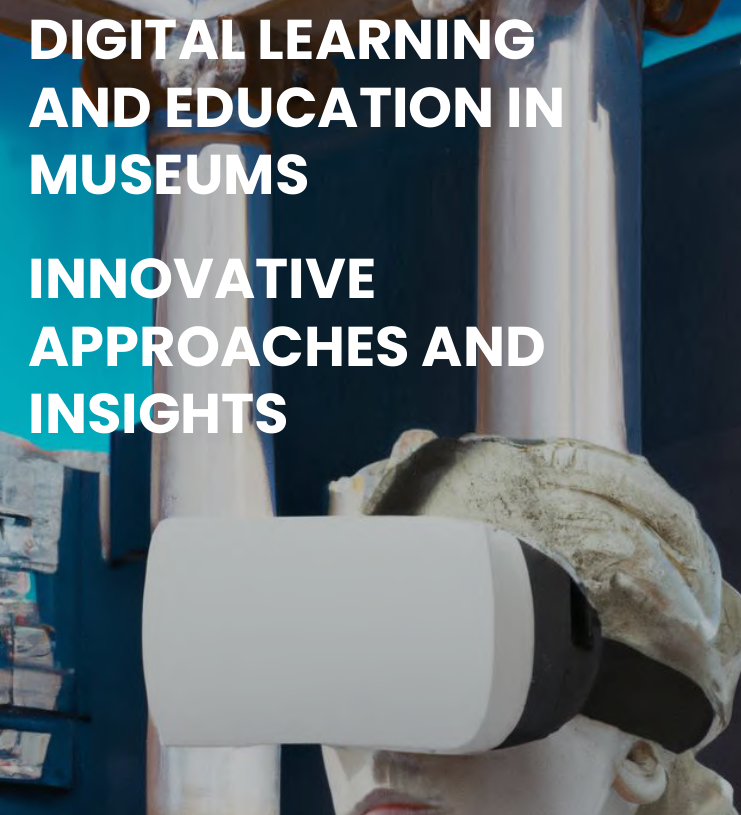
Welcome to this informative booklet on Digital Learning and Education in Museums! This report, created by the Learning Museum Working Group of the Network of European Museum Organisations (NEMO), offers innovative approaches and insights on how museums can enhance their educational offerings through digital means.
Here are three themes you may wish to explore…
What are some of the key benefits of incorporating digital learning into museum education programs?
According to page 12 of this report, one of the key benefits of opening up access to digital data in museums is that it provides educational institutions with trustworthy materials for education. This not only focuses on a narrow canon but opens up wider perspectives for the students, so that both individuals and communities can form more informed, complex, and inclusive outlooks on the world.
Additionally, page 6 notes that digital learning can take place both intentionally (through formal educational projects) and unintentionally (through playful interaction with museum objects or co-curating digital collections), providing opportunities for both formal and informal learning.
How have museums successfully integrated digital learning into their exhibits and programs?
Page 84 of this report notes that increasing Open Access to museum data and Open Source solutions have allowed cultural heritage institutions to test new formats of digital learning and visitor engagement through co-creation, co-curation, and data reuse.
This has enabled museums to offer a wider range of educational opportunities to visitors, including interactive exhibits, virtual tours, and online resources. However, the report also acknowledges that many museums face challenges when implementing digital learning programs, such as a lack of technical skills or budget constraints. The report provides case studies of successful digital learning initiatives in several museums throughout Europe.
What are some of the challenges museums face when implementing digital learning, and how can they overcome them?
Some of the challenges museums face when implementing digital learning programs include a lack of technical skills in the team, a lack of technical equipment and software, poor awareness of technological advancements, or budget constraints holding back the digital transformation.
To overcome these challenges, museums can invest in training programs for their staff to improve their technical skills and knowledge. They can also seek partnerships with technology companies or other organisations to provide access to necessary equipment and software. Additionally, museums can work to increase awareness among staff and visitors about the benefits of digital learning and the potential impact it can have on education and engagement.
Finally, museums can explore alternative funding sources or seek out grants to help support their digital learning initiatives.
The report was created by the Learning Museum Working Group of the Network of European Museum Organisations (NEMO).
The report was published in January 2023.
This article was rendered by AI – it was ratified before publication by a human.






